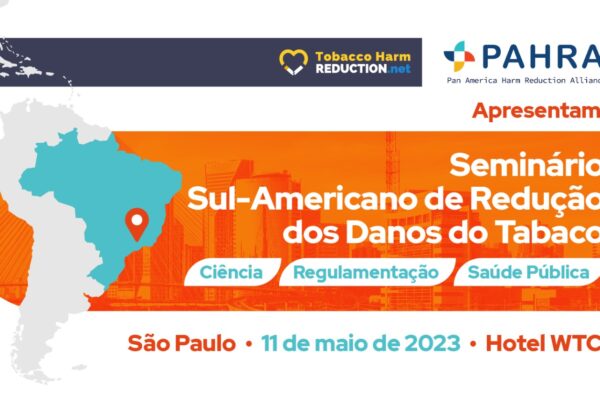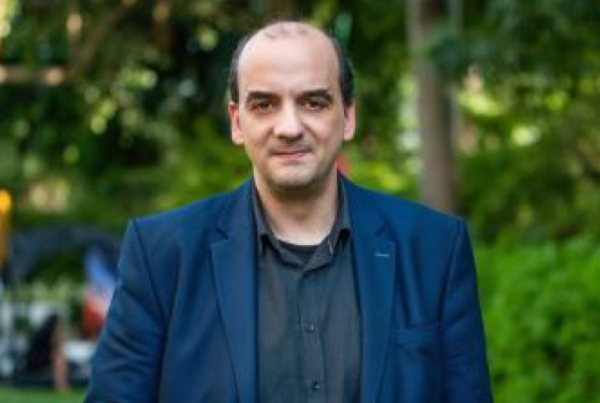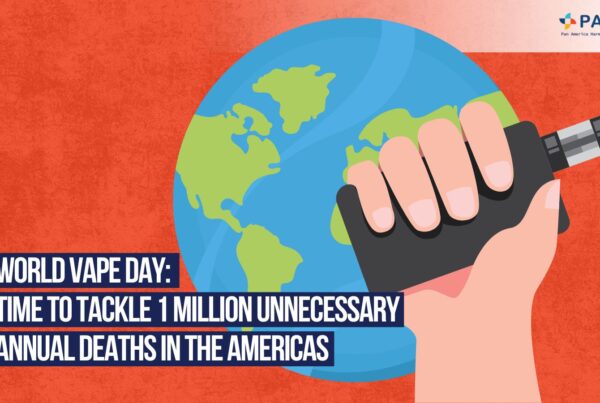
It’s been over a decade since the Mexican Congress passed a new law that places strict limits on smoking in public places.
Mexico has one of the world’s strictest tobacco control acts after passing a bill placing a total ban on smoking in public spaces. Today, there are approximately 12 million smokers in Mexico, with about 47,320 people dying each year due to smoking-related diseases.
Through a decree by Mexican president Andrés Manuel López Obrador in 2022, under the General Law on Tobacco Control (article 16), Mexico implemented laws to curtail vaping, prohibiting the manufacture, import, distribution, promotion, and marketing of e-cigarettes and similar devices.
Although the use of e-cigarettes is prohibited, the law banning sales appears to be widely flouted, with official figures from the Federal Commission for the Protection against Health Risks (Cofepris) estimating that at least five million Mexicans between 12 and 65 have used an electronic cigarette.
Are restrictive vaping policies fueling a lucrative black market?
Economic forces are driving the black market for illicit vaping products on both the supply and demand side. Despite the ban on the marketing of electronic nicotine delivery systems (ENDS), there are still places in Mexico where they can be found.
Illegally sold vapes are available in vibrant areas of Mexico City, with prices ranging from 400 to 1,200 pesos ($20-$60) depending on the brand and e-liquid.
The restrictions and prohibitions on e-cigarettes ignore the fact that they are less harmful alternatives for adult smokers to quit smoking traditional cigarettes. The way to reduce the black market is to make quality-controlled e-cigarettes more widely available but restricted to adults.
Stringent policies will continue to drive vapers to the black market—and send adult smokers back to traditional cigarettes. In any case, prohibition ultimately inconveniences those consumers who wish to live within the bounds of the law.
Tags
Popular Posts
Quick Links
Related Posts
 Paradigm Shift Needed In Pan America’s Approach to End Smoking
Paradigm Shift Needed In Pan America’s Approach to End Smoking
Paradigm Shift Needed In Pan America’s Approach to End Smoking
 Tobacco Harm Reduction Seminar in Brazil
Tobacco Harm Reduction Seminar in Brazil
Tobacco Harm Reduction Seminar in Brazil
 Systematic Review of Vaping Flavours | Dr. Konstantinos Farsalinos
Systematic Review of Vaping Flavours | Dr. Konstantinos Farsalinos





